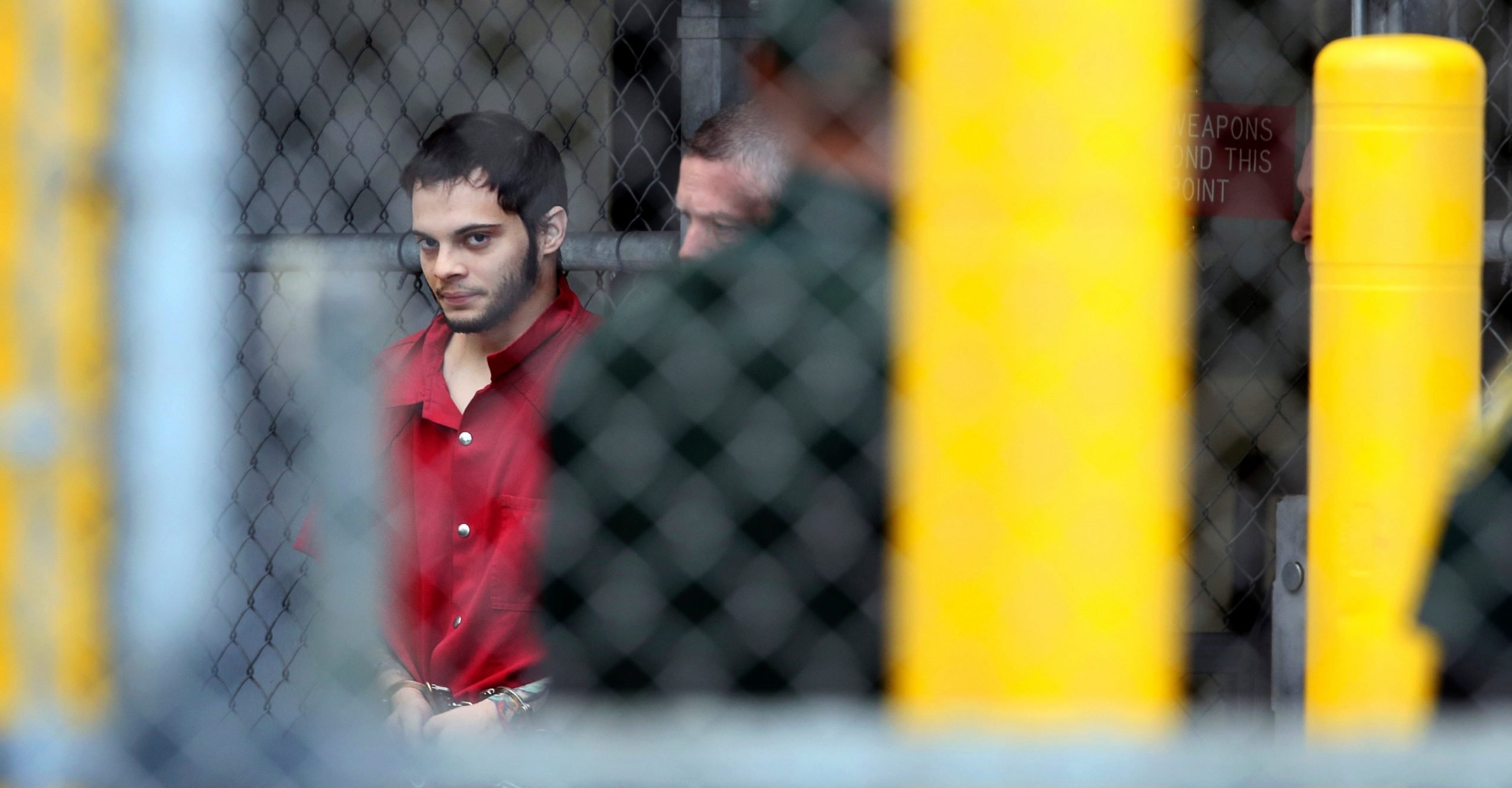The “private sale” loophole became a leading talking point for gun reform advocates following the massacre at Sandy Hook Elementary School in December 2012. President Barack Obama’s call for congressional action to close the gap led to the ultimately unsuccessful push for the 2013 Manchin-Toomey bill, the most serious bipartisan federal safety legislation in a decade. Fierce debate over how — or why — to do so continued into the 2016 presidential campaign, when the Democratic party platform endorsed “universal background checks” and Republicans remained opposed to any gun regulations, claiming “gun rights.” But as the two sides clashed, the fact at the center of the policy fight itself came under dispute: Just how large is that loophole?
The answer: Smaller than we thought. For nearly two decades, the best estimate was that 40 percent of gun transfers did not involve a background check. But a new, larger study puts that number at only 22 percent. The estimate comes from a new national survey reported in the January issue of The Annals of Internal Medicine.
And, perhaps unexpectedly, the updated figure actually strengthens the case for a national, universal background check law.
The private sale loophole, often misleadingly referred to as the “gun-show” loophole, was a byproduct of the 1993 Brady Handgun Violence Prevention Act. The law imposed a federal requirement on retail gun dealers that they conduct a criminal background check before transferring a gun to a customer. Since the full implementation of background checks in 1998, it has blocked upwards of 3 million sales to would-be buyers who were found to have a felony conviction or other disqualifying condition. But the background check requirement does not extend to private transactions, and currently only 19 states have background check laws that go beyond the federal minimum.
Advocates for a federal universal background check law have been handicapped by lack of data on the firearms market. The last time there was a national survey that asked about gun transactions was in 1994 — before background checks were fully implemented. It was known as the National Survey on the Private Ownership of Firearms (NSPOF), and I ran the study and analyzed the resulting data with Jens Ludwig, now director of the Chicago Crime Lab.
In the paper we published based on the survey, we reported that about 60 percent of all gun transactions at that time were purchases from retail dealers. The remaining 40 percent were private transactions.
Nearly 20 years later, the 40 percent figure became prominent when advocates began using it as the best available estimate for the size of the private sale loophole.
Good advocacy abhors a data vacuum, and the new survey has helped to fill this one. Conducted by Matthew Miller, Deborah Azrael and colleagues, the new research finally provides a wholly applicable measure of the main background check loophole. And its implication is that nationwide, we are functionally closer to having a universal background check in place than previously thought. Should Congress someday consider an expanded background check mandate, it would pose much less of an imposition on the gun-buying public. For advocates, 22 percent is better than 40 percent.
Meanwhile, what has always been true is that universal background checks target the kind of transactions that arm violent offenders. Surveys of people convicted of shootings have consistently found that they rarely buy their guns from a store; instead, they obtain them from family, acquaintances, or on the street. But because there is no federal law that requires background checks for these types of informal transactions, sellers who supply criminals with weapons don’t have to worry about the risk of being prosecuted in most states.
Many in the broader gun violence research community endorse universal background checks for those reasons, although systematic evaluations have had mixed results. The New York Times recently polled a number of knowledgeable people on an array of firearms policies might help reduce gun deaths: Universal background checks for gun purchasers was the policy deemed most effective by the group. For the same article, the newspaper polled the general public about which gun violence preventions they could most support. Consistent with earlier surveys, the Times found that 85 percent of voters support such a law.
The new study presents some other data points of note. The one that most caught my attention was that the breakdown of firearms transactions itself has not changed very much in the two decades since our 1994 analysis. The 2015 data shows that 64 percent of gun sales went through a licensed retailer — a negligible difference from the 60 percent we found two decades ago. Additionally, even as several states have passed expanded background checks in the years since Sandy Hook, the overall proportion of the total U.S. adult population covered by laws requiring checks for private transactions has not changed enough since the Brady Act was fully implemented for that to account for a meaningfully smaller private-sale loophole.
Rather, we now know that it was never as large as some claimed — just plenty wide enough to let most violent offenders through.
Philip Cook is a professor at Duke University’s Sanford School of Public Policy.

